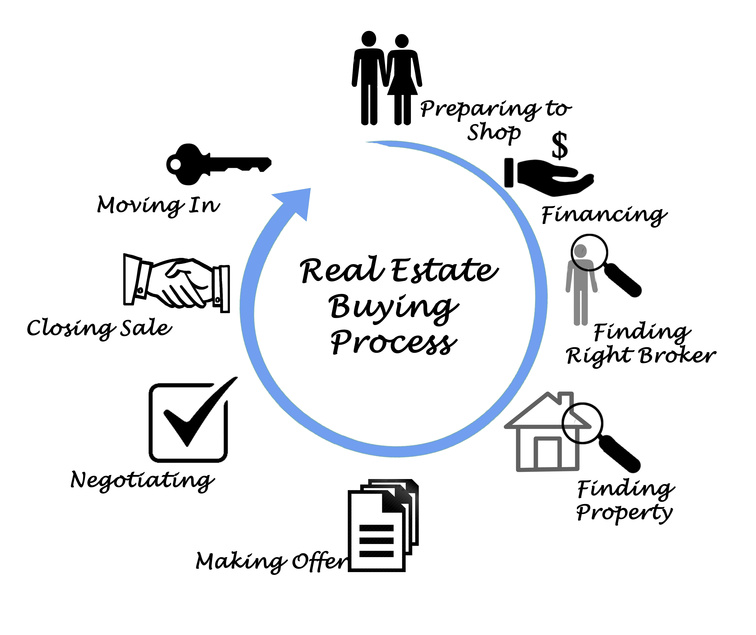Hard Money Lenders Explained: Fast Money Solutions for Home Customers
Hard money lenders have arised as a critical source for property purchasers seeking fast funding services, specifically in situations where typical lending avenues might fail. These loan providers focus on the value of the security rather than the credit reliability of the customer, allowing expedited authorization procedures. While the advantages of swift accessibility to resources are apparent, prospective mistakes require cautious factor to consider. Recognizing when and just how to engage with difficult cash lending institutions can substantially influence your investment technique and results. What aspects should you evaluate before making such a decision?
What Are Difficult Cash Lenders?
Hard cash lenders are specialized banks or individuals that offer short-term loans secured by actual estate. These lenders commonly focus on the worth of the residential property instead of the consumer's creditworthiness, making their services particularly interesting real estate capitalists and those in requirement of quick financing. Unlike conventional banks, tough cash loan providers commonly use faster authorization processes and less rigorous documentation needs, enabling debtors to access funds quickly.
The finances offered by tough money lending institutions are usually considered high-risk because of their brief period, which generally varies from a couple of months to a few years. As a result, these car loans frequently come with greater rate of interest contrasted to standard financing alternatives. Difficult money financing is especially widespread in genuine estate transactions where time is important, such as purchasing distressed properties, funding improvements, or closing offers rapidly to protect investment opportunities.
Exactly How Tough Money Car Loans Work
In the world of property funding, hard money finances run as a functional remedy for borrowers needing fast accessibility to resources. These finances are typically safeguarded by actual residential property instead of the consumer's creditworthiness, which permits expedited approval processes. Hard money lending institutions assess the value of the home being funded, frequently requiring an assessment to determine its market worth.

Hard money financings have much shorter terms, commonly varying from one to 5 years, and they usually come with greater rate of interest rates compared to standard lendings. The repayment structure can additionally differ, with some lendings needing interest-only payments during the term.

Benefits of Difficult Cash Lending


One more significant advantage is the flexibility of tough money loans. Lenders are typically extra happy to work out terms based upon the details needs of the consumer and the residential property in inquiry. This adaptability can consist of variants in car loan amounts, payment routines, and rate of interest.
In addition, hard money car loans are mainly protected by the worth of the home itself rather than the debtor's creditworthiness. This allows people with less-than-perfect credit history scores to access financing. Difficult cash borrowing can company website serve as a valuable tool for building recovery projects, enabling investors to swiftly obtain and enhance distressed buildings, therefore optimizing their financial investment potential.
Downsides of Difficult Money Borrowing
While difficult money offering deals a number of advantages, it also comes with remarkable downsides that potential debtors ought to thoroughly consider. One considerable disadvantage is the high interest prices linked with these loans. Unlike typical financing, difficult money finances typically feature prices that can exceed 10% to 15%, showing the lending institution's enhanced danger.
Additionally, the car loan terms are commonly short, ranging from a couple of months to a few years, which can produce stress for consumers to sell or refinance swiftly. Failing to do so may lead to economic pressure or repossession. Difficult cash lenders generally concentrate much more on the residential property's value than the customer's credit reliability, which can lead to much less desirable terms for those without considerable equity or a strong property.
One more concern is the capacity for concealed charges and shutting prices that might not be quickly obvious. These expenses can further intensify the total expense of loaning. The absence of regulative oversight in the difficult cash offering market can lead to predative borrowing techniques, making it vital for borrowers to conduct complete due diligence prior to devoting to a financing.
When to Consider Hard Cash Finances
When confronted with immediate funding needs or special home circumstances, consumers may locate difficult money lendings to be a feasible option. These fundings are especially why not try here useful in scenarios where traditional funding alternatives are limited or unwise. Real estate capitalists seeking to utilize on time-sensitive possibilities, such as distressed residential or commercial properties or public auctions, often transform to tough cash lending institutions for quick accessibility to funds.
In addition, borrowers with less-than-perfect credit rating or unusual revenue sources might click here to read have a hard time to safeguard traditional financings - hard money lenders in georgia atlanta. Difficult cash lenders commonly focus a lot more on the value of the residential property being used as collateral than on the customer's credit reliability, making these financings accessible to a broader array of candidates
Furthermore, difficult cash fundings are advantageous for those looking to finance restoration tasks or fix-and-flip financial investments. The capacity to obtain funds rapidly enables consumers to initiate projects immediately, possibly increasing their roi.
Conclusion
In recap, difficult cash lending institutions work as a crucial source for residential or commercial property customers calling for prompt monetary services. The focus on property worth permits expedited approval processes, providing to those facing special genuine estate difficulties. While greater rates of interest and potential dangers are integral, the benefits of speedy access to funding and flexible terms often surpass these downsides. Comprehending the circumstances where tough money car loans are applicable can boost financial investment opportunities in the actual estate market.